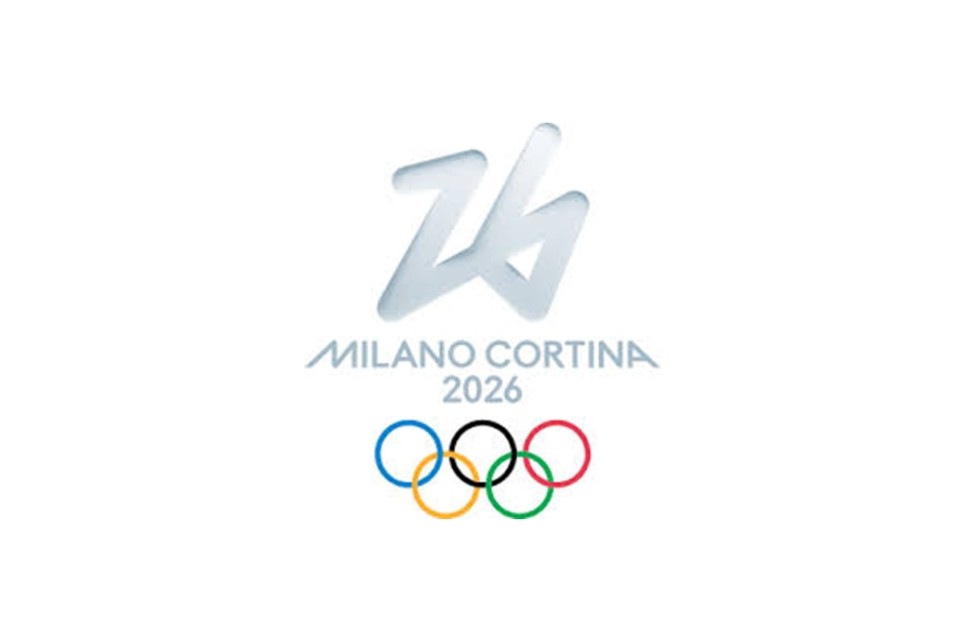Fri, February 21, 2025
World Athletics v Youssef Taoussi

A decision in the case of World Athletics (WA) against Youssef Taoussi has been issued by the Disciplinary and Appeals Tribunal (DAT).
On 2 July 2024, the Athletics Integrity Unit (AIU) issued Mr Taoussi, a middle-distance runner from Spain, with a Notice of Charge for committing Anti-Doping Rule Violations (ADRVs) for the Presence and/or Use of Roxadustat (FG-45920), a Prohibited non-Specified Substance pursuant to the World Athletics’ Anti-Doping Rules (ADR). The Charge followed an Adverse Analytical Finding (AAF) as a result of Mr Taoussi’s In-Competition urine Samples collected at the ‘Gorzow Meeting' in Gorzów Wielkopolski Poland.
Ms Anna Smirnova was appointed as Chair to the Disciplinary Panel to determine this matter on the papers, sitting alone.
The Athlete initially explained that the presence of Roxadustat in his urine Sample could have been caused either by medication he ingested to treat the flu in the lead up to the ‘Gorzow Meeting’, or cross-contamination with drugs used by individuals with whom the Athlete shares accommodation. The Athlete repeatedly stated that the AAF was not due to any intentional or voluntary action by him. Though the Athlete did not benefit from having the B Sample analysed, he did not provide any further evidence in corroboration of his statement of innocence. The Athlete later admitted the commission of the ADRVs and consequently requested a reduced sanction based on the admission of the ADRVs, referencing Rule 10.8.2 ADR.
Rule 10.8.2 ADR pertains to settling a matter by way of a case resolution agreement. The DAT confirmed that the decision to enter into a case resolution agreement is not a matter for determination or review by a hearing body; it occurs instead at the sole discretion of the AIU and the World Anti-Doping Agency (WADA). The DAT noted that no case resolution agreement had been entered into between the parties in this dispute. Furthermore, the DAT also considered possible grounds for a reduced period of Ineligibility under Rule 10.8.1 ADR. The DAT highlighted that the conditions set out in Rule 10.8.1 ADR were not respected, namely, that the Athlete did not admit the ADRVs within the stated time limit, nor did he at any time provide the signed Admission of ADRVs and Acceptance of Consequences Form to the AIU. For the reasons outlined above the DAT concluded that there were no grounds for a reduction of the period of Ineligibility.
The DAT thereby determined that two ADRVs had been established pursuant to Rule 2.1 and Rule 2.2 of the ADR and a period of Ineligibility of four (4) years is imposed on the Athlete. The period of Ineligibility commenced on the date of the decision, 17 February 2025, but credit was given for the period Mr Taoussi was provisionally suspended, therefore running from 2 July 2024. Further, all of Mr Taoussi’s results obtained at the ‘Gorzow Meeting’ and since that date are disqualified. The decision is subject to appeal to the CAS.
Sport Resolutions is the independent secretariat to the World Athletics Disciplinary Tribunal.
A copy of the full decision can be accessed via the related links tab on the right-hand side.



